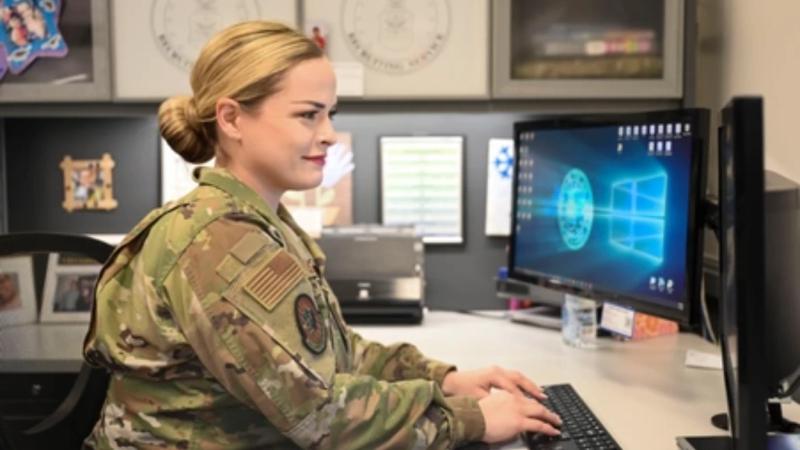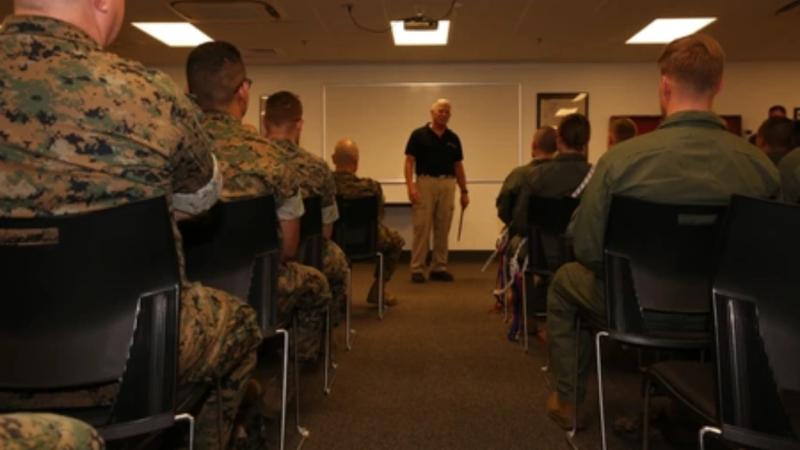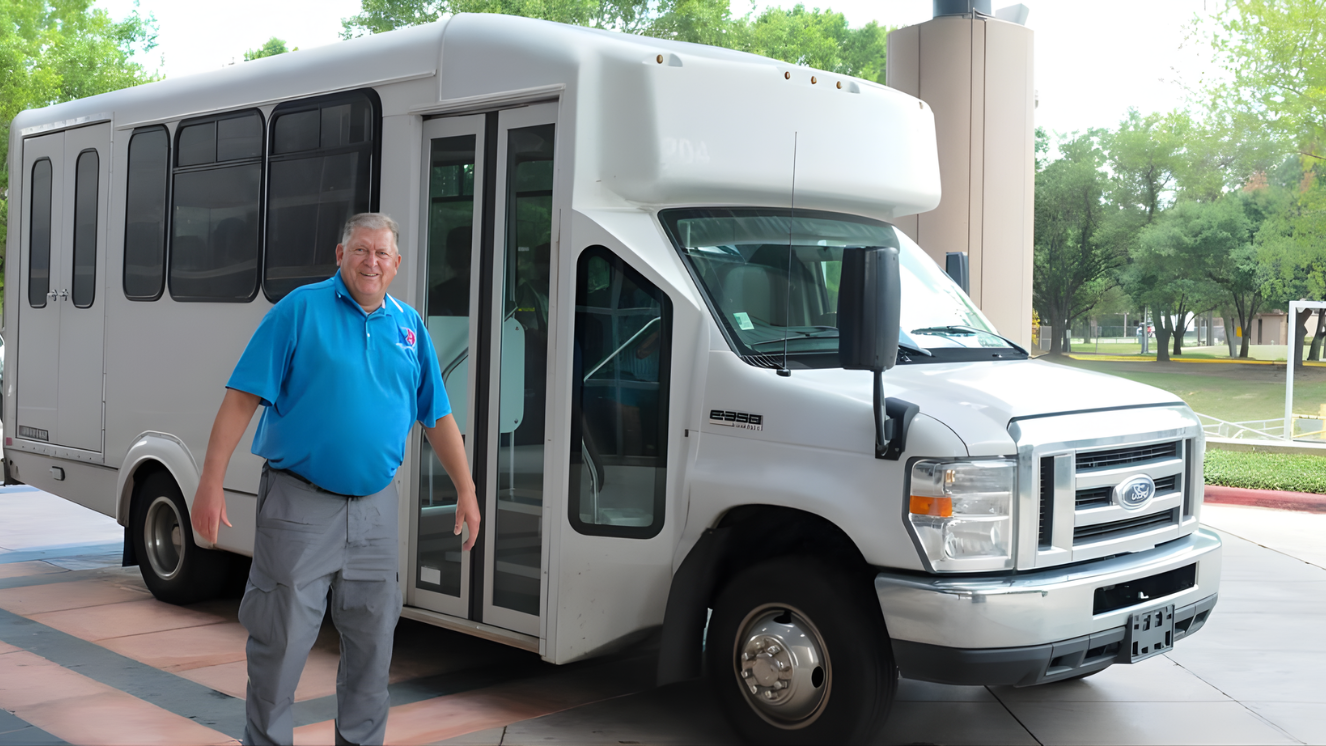VETERAN CAREER PATHS: LEVERAGING ADMIN AND RECRUITMENT SKILLS
COMMENT
SHARE

Leaving the military and stepping into civilian life is a huge step to take, and you might ask yourself, “What should I do now?”
One of the many good things about the military is that if you worked in a specific role, you acquired the skills for many job roles in civilian life. For example, if you worked in an administration and recruitment role, you might be a good fit for a human resources assistant or an office assistant position.
So, if you find yourself asking if the skills you currently have will give you great work opportunities outside the military, the answer is definitely, "yes."
Veteran Administration and Recruitment Careers in Civilian Life
There are a lot of jobs outside the military. You just need to find the right one for you, of course, aligned with your interests and skills.
In civilian life, administrative and recruitment roles are super important because they help companies run smoothly. They help organize records, manage people, fix paperwork, or simply talk to others, of course, in a professional manner, such as conducting interviews.
Administrative workers also handle tasks such as answering phone calls, scheduling meetings, and mainly making sure that the office is running well day-to-day. Most administrative roles work in companies, but their daily responsibilities are also applicable to a recruitment role.
Now, those who are in a recruitment role attend school events sometimes for a job fair so that they can help students choose a career path that is right for them. Their goal is to find the right people for the right jobs and help the students succeed. Overall, these roles are very much needed, mostly in companies, but they are needed in other fields too.

Military vs. Civilian Administration and Recruitment Roles
A great thing about this is that the skills you have acquired in the military or civilian life are applicable to many jobs – it’s all the same skills that they need in companies, hospitals, schools, offices, and government.
Most of the time, it’s just the job title that is different, but most roles, and also job descriptions, are very likely to have required skillsets that overlap.
In the military, it is also being done the same – they talk to people who are interested in joining, explain what different roles are available in the military, and make sure to guide them through the process of signing up.
Military recruiters also attend events, such as job fairs or school programs, as this is where they can find potential recruits. They attend these kinds of events, and they explain the benefits of joining the military, such as health care, education, and training.
As a military recruiter, you have to be a good communicator. Their skills include being friendly, persuasive, and being able to create rapport and trust with people they are meeting for the first time.
They just don’t attend job fairs, talk to people, do interviews, and the like. They also need to keep track of paperwork and make sure that candidates complete their applications, just like in civilian life.
Understanding Military MOS Codes for Admin and Recruitment
Being a military recruiter teaches a person how to communicate effectively with people, so yes, the skills they have are very useful in civilian life.
To expound on it more, military recruiters’ communication skills are very important for customer service, sales, and marketing jobs. So, being able to speak clearly and confidently is definitely a big advantage when talking to clients, customers, or even coworkers.
Additionally, military recruiters are also trained to organize and manage their time because they have to always meet deadlines and keep track of multiple tasks at once. Thus, organizational skills are very important.

Translating Military MOS Codes to Civilian Occupations
In the military, your job is called a MOS, which specifically means Military Occupational Specialty. If you had these codes, you worked in administration or recruitment:
- MOS 42 - Adjutant General Corps: This role includes paperwork, managing soldier records, planning ceremonies, and handling HR tasks.
- MOS 79 - Recruiting and Retention: This is the code for the soldiers who worked as recruiters; they helped new people join the Army and guided them throughout the process.
- MOS 46 - Public Affairs: This role includes writing, editing, and sharing Army news and stories, and it’s close to communication and human resources work.
Under the General MOS Codes, there are subcategories that nest under it:
- MOS 42 – Adjutant General’s Corps
- MOS 42A: Human Resources Specialist
- MOS 79 – Recruiting and Retention
- MOS 79R: Recruiter
- MOS 79S: Career Counselor
- MOS 79T: Recruiting and Retention NCO (Army National Guard of the United States)
- MOS 79V: Retention and Transition NCO, USAR
- MOS 46 – Public Affairs
- MOS 46Q: Public Affairs Specialist
- MOS 46R: Public Affairs Broadcast Specialist
Either way, if you had one of these codes, you might still be asking what kind of job you can get outside the military, and there’s actually a lot in the administration and recruitment role – just find the one that best interests you, and is the most aligned with your skills:
- Human Resources Assistant: In this role, you help everyone on the team by making sure they have all the resources they need, keeping track of files, and working with training and development.
- Office Administrator: If you want to be an office administrator, it’s very important to know how to organize schedules, answer phones, manage files, and support the team.
- Recruiter: If you worked in MOS 79, this is the job that is right for you because you already know how to talk to people and help them start a new career.
- Career Counselor: This mainly helps recruits find their career path.
- Public Information Officer: This is a role where you share news, write press releases, or even manage social media pages, mostly some kind of marketing.
Now that you know that there are a lot of options for you, it’s very important to know that with all the many jobs for Veterans out there, your skills still fit into roles outside the military. Of course, that would depend on what you really want to do when the time comes.
Transitioning from Military to Civilian Careers: A Guide
Making the move from military to civilian work can be a little bit challenging, but your experience gives you a strong foundation to build on, and there are ways to transition smoothly.
- Write about your military experience in your resume in a way a civilian employer will understand. You can make it general; for example, instead of writing “recruited soldiers for service,” you can say, “managed recruitment processes, interviewed candidates, and maintained detailed records to meet staffing goals.”
- There are a lot of interviews in the civilian world, and it can be a little bit different from what you are used to doing in the military, so you have to keep practicing talking about your experience that highlights your skills.
- You can use resources or even take a few courses to help you improve in areas of human resources or sales if you really want to pursue that field. There are a lot of online courses that you can take, and to be successful there, you have to do some research.
Your experience in the military has given you important skills that will help you succeed in many work opportunities in civilian life, and if you plan to get into an administration and recruitment role, you have to make your military experience into civilian terms so you can continue your education and even have the dream job you want.
Read next:
- How Civilians Can Incorporate Military Discipline Into Their Everyday Life
- These Are the Best Career Options for Vets With a Healthcare and Medical Services MOS
- The Funniest Military Stereotypes War Movies Keep Getting Right
Sources:
Join the Conversation
BY ALLISON KIRSCHBAUM
Veteran, Military History & Culture Writer at VeteranLife
Navy Veteran
Allison Kirschbaum is a Navy Veteran and an experienced historian. She has seven years of experience creating compelling digital content across diverse industries, including Military, Defense, History, SaaS, MarTech, FinTech, financial services, insurance, and manufacturing. She brings this expertis...
Credentials
Expertise
Allison Kirschbaum is a Navy Veteran and an experienced historian. She has seven years of experience creating compelling digital content across diverse industries, including Military, Defense, History, SaaS, MarTech, FinTech, financial services, insurance, and manufacturing. She brings this expertis...



